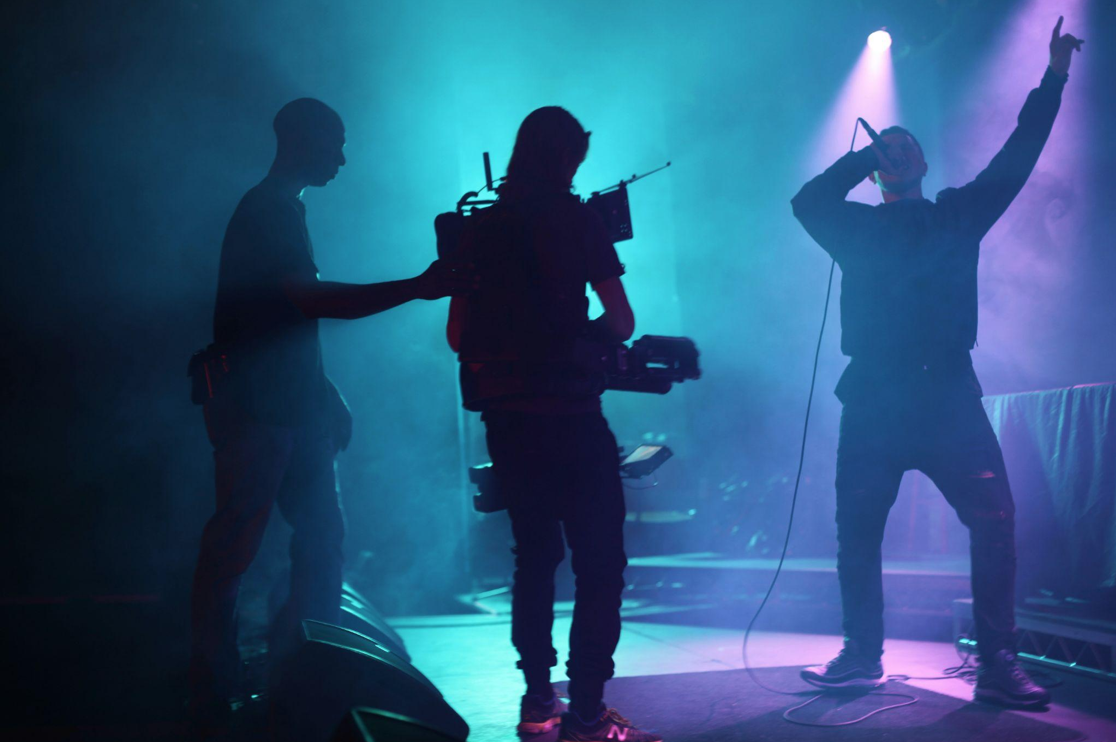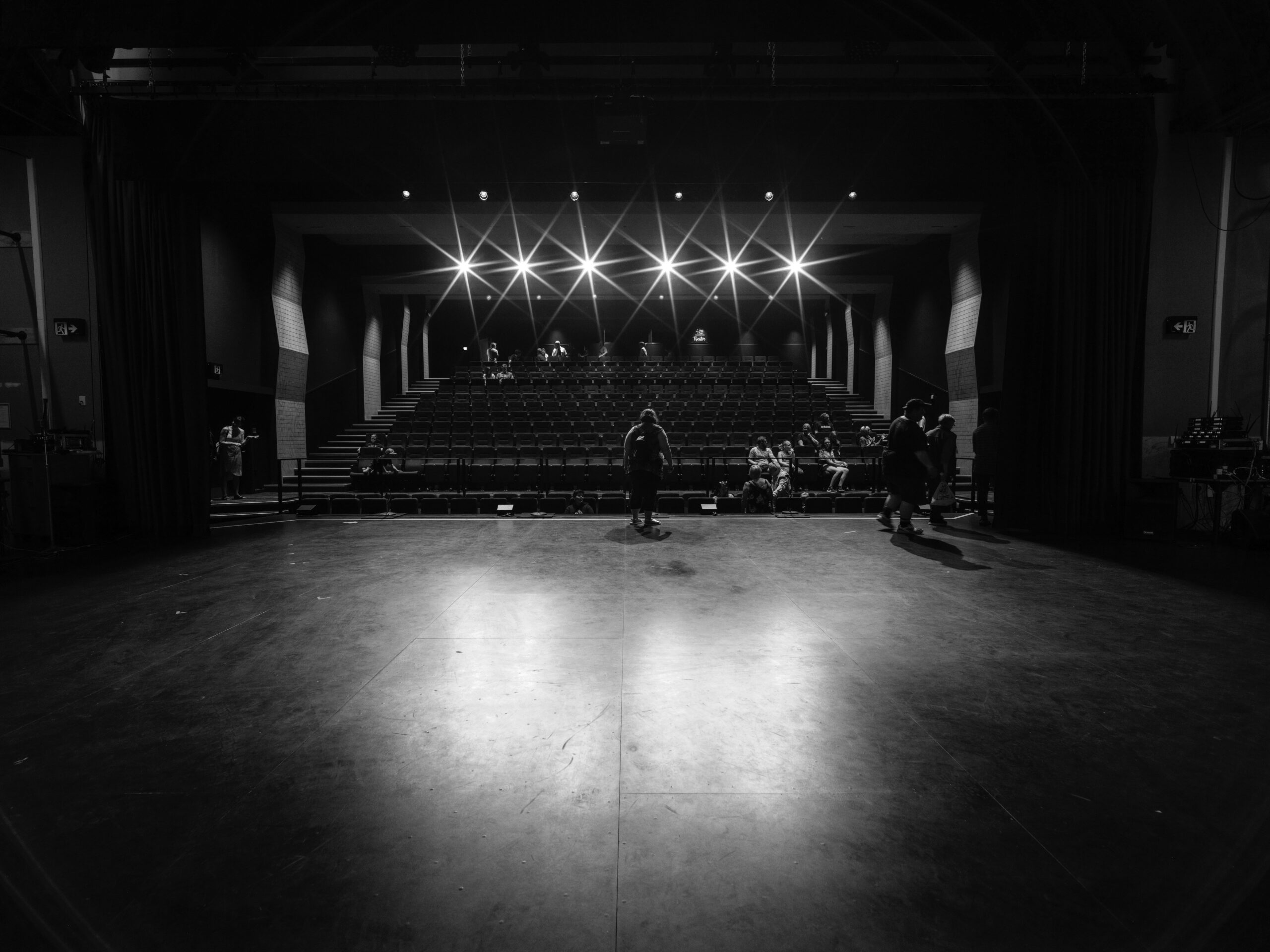
The music industry’s widely anticipated Mechanical Licensing Collective (“MLC”) officially went into effect at the beginning of January 2021. The MLC, which was created via the passage of the Music Modernization Act (“MMA”) in 2018, was created to administer a new system of administration for the payment of mechanical royalties derived from streaming services.1
Under § 115 of the Copyright Act, a mechanical license is required, and a royalty is owed to the copyright owners of a song’s composition whenever a song is reproduced physically, digitally, or via interactive streaming2 service.3 In an effort to keep copyright owners from monopolizing on their copyrights, Congress made this license compulsory.4 Until the passage of the MMA, interactive streaming services were not statutorily entitled to pay out such royalties to rights owners.5 Consequently, many rights owners were simply not getting paid a royalty when their songs were exploited on streaming services like Spotify or Tidal. Hence, the passage of the MMA was prompted by angry songwriters who wanted to be paid for the exploitations of their songs.6 Additionally, aside from making mechanical royalties compulsory, the MMA also created a way to identify, match, and distribute unclaimed mechanical royalties.7 This is part of the role of the MLC.
A two year transition period between the passage of the MMA to the official enactment of the MLC was needed, in part, to allow interactive streaming services to retroactively pay songwriters whose work they had been exploiting without a proper mechanical license.8 During these years, if the interactive streaming services engaged in good-faith, commercially reasonable efforts to identify and pay musical work copyright owners, they would effectively limit their copyright infringement liability.9 However, two years have now passed and the MLC has technically launched, yet the organization is still struggling to figure out a system for the payment of the remaining royalties that the streaming services could not pin-point.10
The MMA calls for the MLC to receive royalties “accrued” but not matched or paid out by streaming services.11 The streaming services are to send the MLC a balance sheet indicating these totals monthly.12 However, streaming services are at odds with the MLC regarding how to account for “unmatched” royalty money that streaming services already paid out in legal settlements and through direct “voluntary” licensing agreements.13
The MLC argues that the prior settlements do not count as royalty payments; instead they are simply deemed as payments for a release of liability for copyright infringement.14 Thus, according to the MLC, streaming services should still pay all unmatched royalties to the MLC for proper distribution. Meanwhile, the streaming services allege that under generally accepted accounting maxims, the money they paid via legal settlements released their obligation to send uncollected royalties to the MLC.15 Thus, many streaming services objected the idea of “double payment” and asked the Copyright Office to rule on the issue.16
On January 11, 2021, the Copyright Office issued a formal regulation detailing how streaming services could calculate what they owe to the MLC in unmatched royalties, but they were silent on the issue of whether prior settlement payments count as accrued royalties.17 The regulation seems to put the burden on rights holders to sue streaming services if they cannot agree on how much money is still owed to the MLC so that they can disburse such unpaid royalties.18
However, if rights holders were to sue the streaming services for underpayment to the MLC, such a suit may run contrary to the limited liability provision set forth under the MMA. Since the two-year transition period after the passage of the law has now ended, if streaming services do not fulfill their payment obligations to the MLC, they can lose their statutory limitation on liability for copyright infringement relating to mechanical rights.19 This means that rights holders will no longer be able to sue streaming services for the unlawful exploitation of their songs, even if they technically never received their lawfully owed mechanical royalties.
If the streaming services decide to revert to their old pre-MMA habits and simply pocket the unpaid royalties in question, such action would be in contra to the overall aim of the MLC. The organization’s goal is to search beyond the matching efforts made by streaming services in order to match more compositions to master recordings and their respective rights owners, and then issue payments, thus reducing unmatched royalty accruement. After the two-year period, whatever royalties have not been successfully matched, then the MLC has the option to use market share disbursements to right holders.20
Lawmakers seem to have left a big gap in the process of the reallocation of unpaid accrued royalties to the MLC. The streaming services have now been given until February 15, 2021 to come up with a process for matching the unmatched royalties.21 Until then, advocates for songwriters and music publishers are in a waiting game to see if streaming services will be required to dish out more money, or if they will be back to their ways of ripping off rights owners by holding onto unmatched funds.
Daniela Brumer is a Second Year Law Student at Benjamin N. Cardozo School of Law, and a
Staff Editor at the Cardozo Arts & Entertainment Law Journal. She also holds a degree in Music
Business from NYU. After law school, she hopes to practice Entertainment Law and wishes to
work in the music industry. Daniela is also the Entertainment Co-Chair of the Intellectual
Property Law Society.
- John Ochoa, Mechanical Licensing Collective Webinar: 5 Things to Know About The MLC, Grammy.com (Nov. 6, 2020), grammy.com/advocacy/news/mechanical-licensing-collective-webinar-5-things-know-about-mechanical-licensing-collective-mlc.
- An “interactive” streaming service is a music streaming service wherein the user can decide which specific tracks they want to listen to (i.e. Spotify, Apple Music). A non-interactive streaming service is one in which the streaming platform has a set playlist that is played to the user. The user has no control over the music they listen to with a non-interactive streaming service. Henry Schoonmaker, The Two Types of Streaming & How You Can Collect Royalties For Both, Songtrust (last updated on May 14, 2020), https://blog.songtrust.com/types-of-streaming-royalties.
- Donald Passman, All You Need to Know About the Music Business 245 (10th ed. 2019).
- “Compulsory” means that once a song has been recorded and released to the public, “(a) the copyright owner must license the song anyone else that wants to use it in a phonorecord,” and “(b) that license can only charge a specific payment established by the law.” Id. at 242.
- Id. at 245.
- There were many class action lawsuits filed against streaming services in light of songwriters not getting paid their fair share of mechanical royalties. Most notably, Spotify settled a suit with Wixen Music Publishing just before the passage of the act, vowing to pay proper royalties to songwriters. See Sarah Perez, Spotify Settles the $1.6B copyright lawsuit filed by music publisher Wixen, Tech Crunch (Dec. 20, 2018), https://tcrn.ch/2POKJQp.
- Ochoa, supra note 1.
- Annette I. Kahler, Implementation of the Music Modernization Act: Copyright Office Issues Solicitation from Mechanical Licensing Collective, Heslin Rothenberg Farley & Mesiti P.C. (last visited Jan. 26 2021), https://www.hrfmlaw.com/implementation-of-the-music-modernization-act-copyright-office-issues-solicitation-for-mechanical-licensing-collective/.
- Id.
- Ed Christman, The MLC is Open for Business – Now The Hard Part Begins, Billboard (Jan. 15, 2020), https://www.billboard.com/articles/business/9512047/mlc-open-mechanical-licensing-collective-questions/.
- Id.
- Id.
- See Perez, supra, note 6 for a description of one of these legal settlements made by Spotify.
- Christman, supra note 10.
- Music Modernization Act Transition Period Transfer and Reporting of Royalties to the Mechanical Licensing Collective: Request for Additional Comments, 85 Fed. Reg. 70544 (proposed Nov. 5, 2020) (to be codified at 37 C.F.R. pt. 210).
- Id.
- Christman, supra note 10.
- Id.
- See Complaint at 5-6, Eight Mile Style LLC v. Spotify USA Inc., No. 19-cv-736, 2019 WL 4017301 (M.D. Tenn. Aug. 21, 2019) (criticizing this limitation of liability for copyright infringement).
- Mechanical Licensing Collective, U.S. Copyright Office, https://www.copyright.gov/music-modernization/115/.
- Christman, supra note 10.



